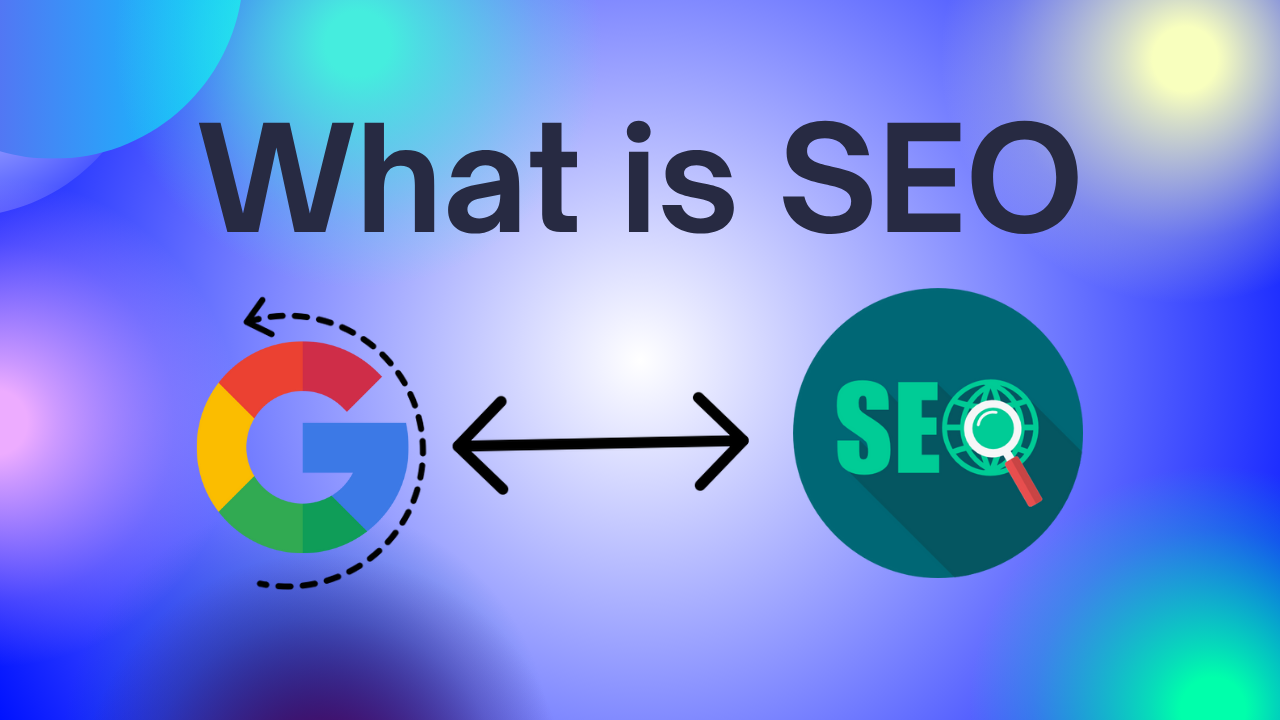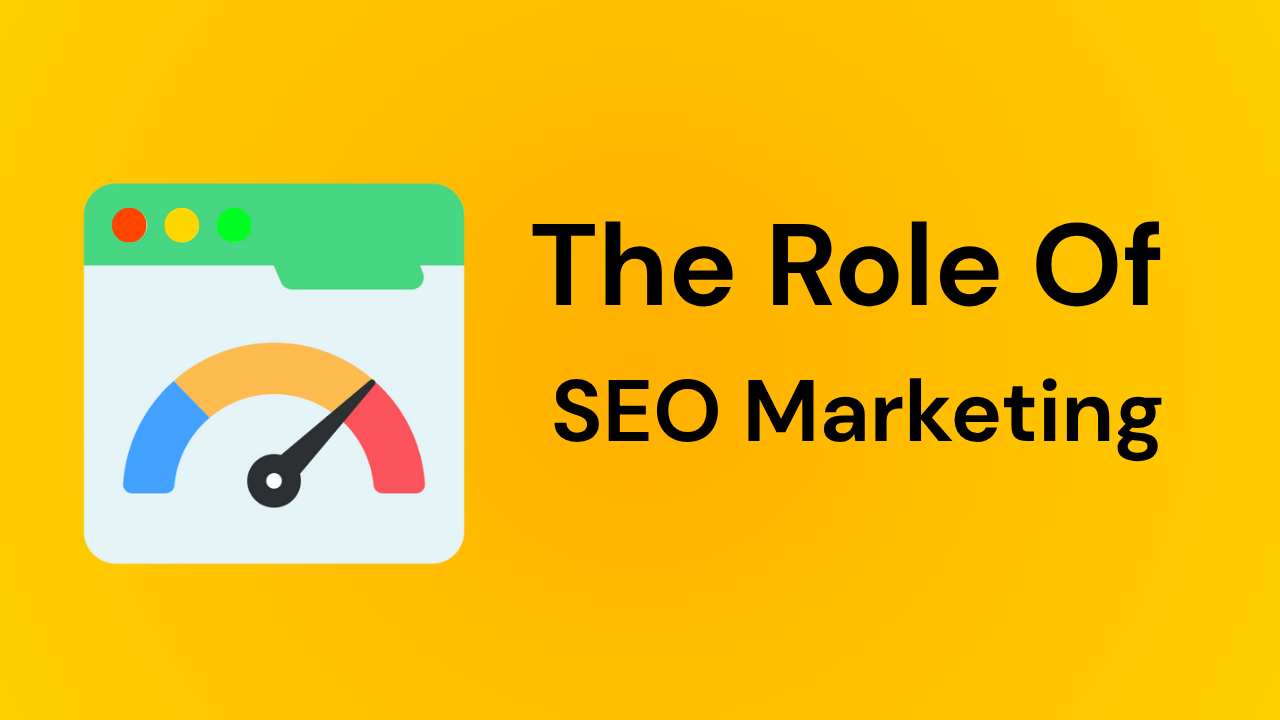What is SEO in digital marketing?
Search Engine Optimization (SEO) is the strategic process of enhancing a website’s technical structure, content relevance, and link authority to improve its visibility and ranking on search engine results pages (SERPs). For more details, you can check the
Google SEO Starter Guide
, which covers official best practices. The goal is to ensure that web pages are easily discoverable, highly relevant to user search queries, and considered trustworthy by search engines.
Effective SEO involves a combination of best practices, including optimizing core web vitals, publishing high-quality, relevant content, and implementing technical improvements that contribute to a seamless user experience. Search engines favor websites that meet user intent, and thus, SEO should align with both search engine algorithms and the expectations of your target audience.
Using clean, descriptive URLs that reflect the content of the page.
Applying structured data (schema markup) to clarify the meaning of content for search engines.
Importantly, SEO should focus on ethical and user-first strategies. Avoiding manipulative techniques such as keyword stuffing helps maintain long-term credibility and ensures compliance with search engine guidelines.
Search engines are the primary tools people use to find information online whether researching a product, choosing a restaurant, or planning a trip. For businesses, SEO presents a powerful opportunity to attract qualified, organic traffic by connecting with users actively seeking related information.
Ultimately, SEO is not just about improving rankings it's about understanding your audience’s needs and delivering meaningful content. By aligning your content strategy with user intent and optimizing your site’s technical foundation, you can build a strong digital presence and increase your visibility in search results.
Search engines deliver results for any query by analyzing and interpreting the massive network of websites across the internet. They use advanced algorithms to determine which pages are most relevant to a user’s search. To make this possible, search engines deploy crawlers that scan and index web pages. For more details, check out
How Search Works by Google
, evaluating key elements such as page speed, site structure, and content quality. These factors help determine a page’s position in the search results.
Google’s success relies heavily on user trust and the value people place in its search engine.
How Google delivers helpful results
It maintains this trust by consistently delivering relevant and helpful search results.
Aside from the Ad indicator, these paid listings closely resemble
organic results
. This design is deliberate, as many users click on them without immediately realizing they are advertisements.
This model is central to Google’s business. In 2024,
advertising revenue
made up more than 76% of Google’s total earnings of
$348 billion
. While
search remains the foundation
of its platform, the company’s financial engine is driven by its
advertising network.
The primary goal of SEO (Search Engine Optimization) is to improve your website’s ranking in organic search results. While there are specific strategies for optimizing
Google Ads
,
Shopping listings
, and
local search
, SEO focuses on gaining visibility without paying for placement.
Although it may seem like organic results are being overshadowed by paid ads and other
SERP features
, SEO remains a highly valuable and cost effective strategy. With Google handling billions of search queries every day, even a small share of organic traffic can lead to significant results. And unlike paid clicks, traffic from organic search is completely free making it a long-term investment with high potential returns.
To maximize the impact of SEO efforts, it’s important to continuously monitor performance using tools like
Google Analytics
and Google Search Console. These platforms help track growth in organic traffic, user behavior, and conversion rates. Based on this data, SEO specialists can fine-tune strategies for example, by improving internal linking, refining keyword targets, or enhancing content relevance.
Effective SEO involves a combination of best practices, including optimizing core web vitals, publishing high-quality, relevant content, and implementing technical improvements that contribute to a seamless user experience. Search engines favor websites that meet user intent, and thus, SEO should align with both search engine algorithms and the expectations of your target audience.
Key SEO practices include:
Conducting keyword research to identify terms and phrases users are searching for. Integrating targeted keyword phrases into titles, meta descriptions , and H1 headings.Using clean, descriptive URLs that reflect the content of the page.
Applying structured data (schema markup) to clarify the meaning of content for search engines.
Importantly, SEO should focus on ethical and user-first strategies. Avoiding manipulative techniques such as keyword stuffing helps maintain long-term credibility and ensures compliance with search engine guidelines.
Search engines are the primary tools people use to find information online whether researching a product, choosing a restaurant, or planning a trip. For businesses, SEO presents a powerful opportunity to attract qualified, organic traffic by connecting with users actively seeking related information.
Ultimately, SEO is not just about improving rankings it's about understanding your audience’s needs and delivering meaningful content. By aligning your content strategy with user intent and optimizing your site’s technical foundation, you can build a strong digital presence and increase your visibility in search results.
Why SEO Prioritizes Google
For many, search engine is practically synonymous with Google, which commands approximately 83% of the global search market. According to StatCounter Global Search Engine Market Share , Google continues to dominate worldwide searches. Due to its dominance, most SEO strategies are specifically tailored to align with Google’s ranking systems. Understanding how Google functions and why it operates the way it does is essential for effective SEO. The search giant uses artificial intelligence and a range of other ranking signals to evaluate and rank web pages, making it vital for websites to offer relevant and valuable content.What Google Aims For
By consistently creating high-quality, relevant content that aligns with user intent, websites can improve their chances of appearing in top positions on Google's search results, thereby gaining valuable organic traffic.Understanding the Anatomy of Search Results
Search Engine Results Pages (SERPs) are made up of two main types of listings: paid results and organic results . organic results are ranked based on Google’s evaluation of a page’s relevance and quality, without contributing to its revenue. Paid results , on the other hand, are advertisements purchased through Google Ads . Depending on the nature of the search query, SERPs may also include rich elements such as maps, images, videos, featured snippets, or knowledge panels . The presence and volume of ads on a SERP vary depending on the commercial intent behind the search. For example, a query like shoes typically generates a large number of ads at the top of the page. This is because Google recognizes a high likelihood that the searcher is ready to make a purchase, prompting businesses to bid for visibility through paid placements. As a result, users often need to scroll past several ads before reaching the first organic listing. In contrast, a query such as Atlanta Falcons produces a different SERP layout. Since the intent behind this search is more informational likely related to the American football team Google may display a mix of content: the team’s official homepage, recent news, and a knowledge panel. This blend reflects Google's uncertainty about the exact purpose of the query and provides multiple paths for users to explore. However, if the query changes to Atlanta Falcons hat, the intent becomes more transactional. In response, the SERP adjusts to display more sponsored ads, as Google detects a higher chance that the user is looking to make a purchase. Beyond paid ads, off page SEO factors such as high-quality backlinks and strong link-building efforts play a significant role in determining a site's position in organic results. Gaining links from reputable websites helps build authority and signals trustworthiness to search engines, enhancing visibility over time.or
or
Edit Profile
Help improve @KR

Was this page helpful to you?
Contact Khogendra Rupini
Are you looking for an experienced developer to bring your website to life, tackle technical challenges, fix bugs, or enhance functionality? Look no further.
I specialize in building professional, high-performing, and user-friendly websites designed to meet your unique needs. Whether it’s creating custom JavaScript components, solving complex JS problems, or designing responsive layouts that look stunning on both small screens and desktops, I can collaborate with you.
Create something exceptional with us. Contact us today
Open for Collaboration
If you're looking to collaborate, I’m available for a variety of professional services, including -
- Website Design & Development
- Advertisement & Promotion Setup
- Hosting Configuration & Deployment
- Front-end & Back-end Code Implementation
- Code Testing & Optimization
- Cybersecurity Solutions & Threat Prevention
- Website Scanning & Malware Removal
- Hacked Website Recovery
- PHP & MySQL Development
- Python Programming
- Web Content Writing
- Protection Against Hacking Attempts



